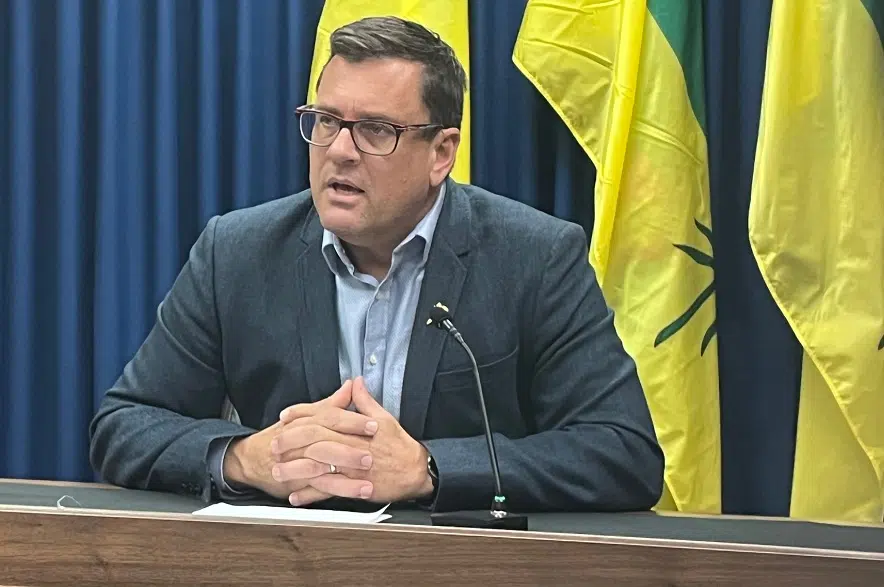While social services and education got boosts as well, health care was the centrepiece of the province’s spring budget this week.
The total amount for the Ministry of Health was $6.9 billion — an increase of $431 million or 6.7 per cent — just about keeping with inflation.
Health Minister Paul Merriman said the biggest impact this budget will have is in the health human resources plan. It’s getting a $98.9-million investment across government, nearly $40 million more than last year.
Merriman said the plan is starting to work; he said there are more doctors in the province now and more nurses are on their way from the Philippines.
“We needed the dollars in that in this budget to be able to make sure we can shore them up and fund them the way that they needed to be funded,” said the minister.
“This is the budget to invest back into the health-care system, not just in capital but also in operating … We’re hearing lots about our surgical wait lists, where we’re looking at targeting over 100,000 surgeries for our province.”
With an addition of $42.5 million, the province is expecting to add another 6,000 surgeries performed in the coming year, to get to 103,000. It’s planning for that to get surgical wait times to one year by March 2024, which is where it was at before the pandemic started. The province will be, in part, utilizing private delivery to get those surgeries done.
Though there will be $1 billion in revenue that won’t be spent on anything but paying down debt, Merriman said he’s happy with what his ministry got in the budget.
“It’s a very good feeling to be able to deliver this budget and be able to answer the calls Minister (Everett) Hindley and I have heard since the summer of last year when we did our tour. What is it that we can help out to be able to secure our health-care system and be able to support our health-care workers who have done an amazing job?” said Merriman.
More than $22 million will be used to continue the plan to have 250 new full-time positions and moving of part-time positions to full-time in rural and remote parts of Saskatchewan.
Nearly $12 million will be used to recruit internationally educated health-care workers, and includes their assessments, navigator services and settlement supports.
A new registered nurse travel pool program will cost $3.1 million and will help in rural and remote Saskatchewan.
In a new initiative, $1.3 million will be used to hire 12 new physician assistants for the province.
Merriman said this is something other provinces have been doing and he described the position as someone under the College of Medicine, like a doctor and trained similarly to a doctor but who would still need a doctor to sign off on some things they do.
“The best way to describe it would be an army medic that would be able to help out in triage (and) could help out in our emergency rooms, not just in the major centres but across some of the smaller centres so we don’t have as many rural disruptions or service disruptions,” said Merriman.
And there will be $2.3 million used to create a pediatric gastroenterology program at the children’s hospital in Saskatoon. Many families have been frustrated this spring as the only pediatric gastroenterologist in the province prepares to leave.







